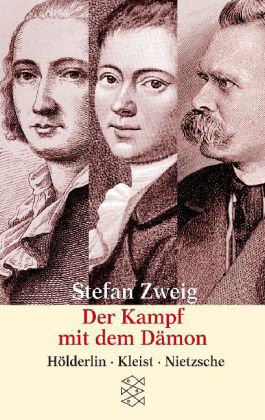Since my object is to portray Nietzsche’s life, not as a biography but as a tragedy of the spirit, as a work of dramatic art, for me his true work began when the artist in the man was released and became conscious of enfranchisement. So long as Nietzsche remained in his professional chrysalis he was nothing more than a problem for professorial brains to cudgel themselves over. But the winged being, “the aeronaut of the mind,” belongs to the realm of creative intelligence.
Goethe’s impression of Italy was a mental and æsthetic affair, whereas Nietzsche’s was vital in the extreme: the former brought home with him an artistic style, whilst the latter discovered in the land of the sun a style of life. Goethe was merely fecundated, whereas Nietzsche was completely uprooted, transplanted, renewed.
“Among the many laudable things I have learned in the course of this journey is the fact that it is impossible for me to live alone and away from my own country” [Goethe]. Turn this dictum the other way about and we get substantially the effect the South produced upon Nietzsche. His conclusions are diametrically opposed to Goethe’s, since he finds that henceforward he can live only in solitude and away from his native land. Goethe, after making an instructive and interesting journey, returns to the exact point whence he took his departure, carrying in his boxes, his heart, and his brain things precious and delightful for a home, for his home in particular. But Nietzsche expatriates himself and finds his true self, the “outlawed prince,” happy at having no home, no possessions, cut off for ever from the “parochial interests of a fatherland” and released from “patriotic strangulation.”
Once a freeman, always a freeman. Having felt the limpid Italian sky over his head, Nietzsche could no longer bear a suggestion of “obscurity,” whether proceeding from the clouds or from a professorial chair, from the Church or from the army. Never again, so far as Nietzsche was concerned, would Germany be free enough and light enough as nourisher of the mind. The halcyon skies are limpidly radiant.
It seems to me that in no other German author was the style of his writing so swiftly and completely renewed. Certainly none other was so flooded with sunshine, or ever became so enfranchised, so essentially southern, so divinely light of foot, so full of a good vintage, so pagan.
To find a change as rapid we have to turn to a painter in search of a comparison. A similar miracle, wrought likewise by the sun of the South, took place in van Gogh. The passage from the lugubrious tints in brown and grey of his Dutch canvases to the violet, crude, and strident colours splashed so generously upon his pictures of Provence was just as eruptive a transition. Van Gogh’s sudden mania for sunlight, his sudden and complete transference from one style of painting to another, is the only analogy that comes to my mind in the least comparable with the illumination the South brought to Nietzsche’s entire being. These two fanatical lovers of change were intoxicated with light, absorbed light with the vampire lust of passion, gulped down light in rapid and inconceivable large doses.
Not satisfied with light, Nietzsche desired “super-light”; clarity must be “super-clarity.” He wanted to be burned by the sun, not merely to be illuminated by it. Language, in its turn, became too narrow a medium, too material, too ponderous. A new element was required for the Dionysian dance that had begun within him; he needed more far-reaching liberties than could be offered while he remained a thrall to the written tongue. He therefore turned back to his first love, to music.
